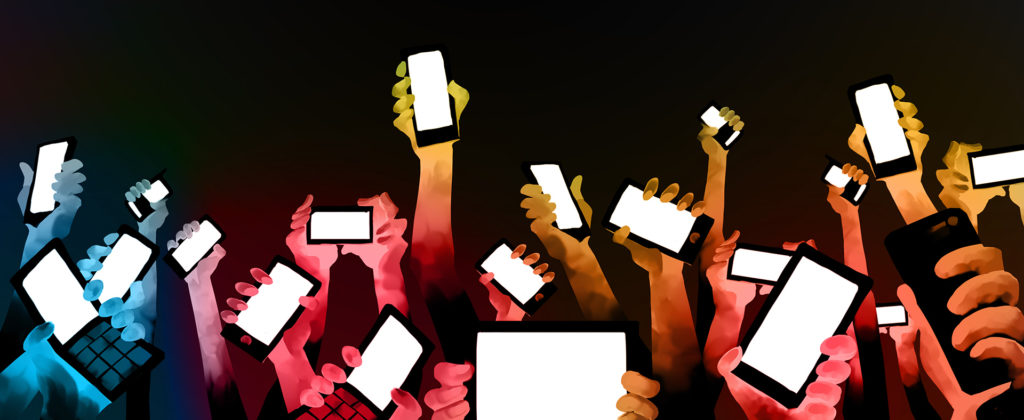Washington, DC — Access Now welcomes a new report detailing the economic impact of internet shutdowns worldwide. The report, released today by The Brookings Institution, conservatively estimates that 81 short-term shutdowns cost US$2.4 billion in GDP globally over the 12 months between July 1, 2015 and June 30, 2016.
“We’ve known that shutdowns are early warning mechanisms for atrocities,” said Deji Bryce Olukotun, Senior Global Advocacy Manager at Access Now. “At the same time, we’ve seen local businesses suffer from Uganda to India to Brazil and Pakistan, but couldn’t quantify their pain. Now we have a vital baseline with which to begin calculating the full costs of disruptions. This new research helps fill an important gap in our knowledge about the immense financial impacts of internet shutdowns. Governments around the world tout their commitment to harnessing technology to boost their economies, but shutdowns completely undermine that promise.”
Access Now has documented nearly 50 internet shutdowns in 2016 alone, up from under 20 in 2015. In June, the United Nations Human Rights Council passed a resolution that specifically condemns internet shutdowns. The Global Network Initiative also joined the Telecommunications Industry Dialogue — which together include Facebook, Google, Microsoft, AT&T and Vodafone — to speak out against shutdowns. This bold statement was swiftly followed by a statement from the GSMA, one of the world’s largest technology associations, that laid out strict standards for orders issued to telcos to restrict service. Access Now joined UK-charity ShareAction to release an investor briefing on the legal, financial, and reputational risks associated with shutdowns in October 2016.
“Investors will no longer turn a blind eye to the financial losses that shutdowns cause,” said Peter Micek, Global Policy & Legal Counsel at Access Now. “Shutdowns directly harm the biggest multi-nationals and the smallest start-ups by preventing mobile transactions and blocking access to markets. More broadly, this dangerous practice defeats trust in the internet economy, and tells the world your country is closed to business. We expect more investors, development banks, and lending agencies to take a hard look at governments who order shutdowns — and the companies that execute the orders.”
The paper will be released at a public event at The Brookings Institution on Thursday at 10am in Washington, DC.
The #KeepitOn campaign is supported by more than 100 organizations from nearly 50 countries around the globe who are pushing back on internet shutdowns at every level, from governments to telcos to tech companies to everyday internet users. The full list of organizations is available on the campaign website: https://accessnow.demo.cshp.co/keepiton/
